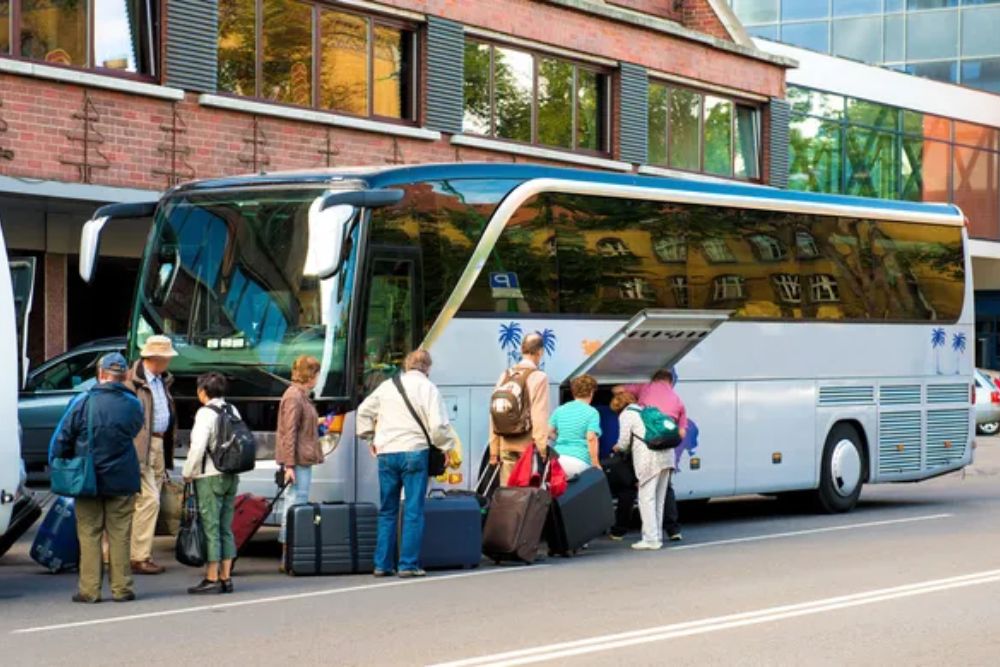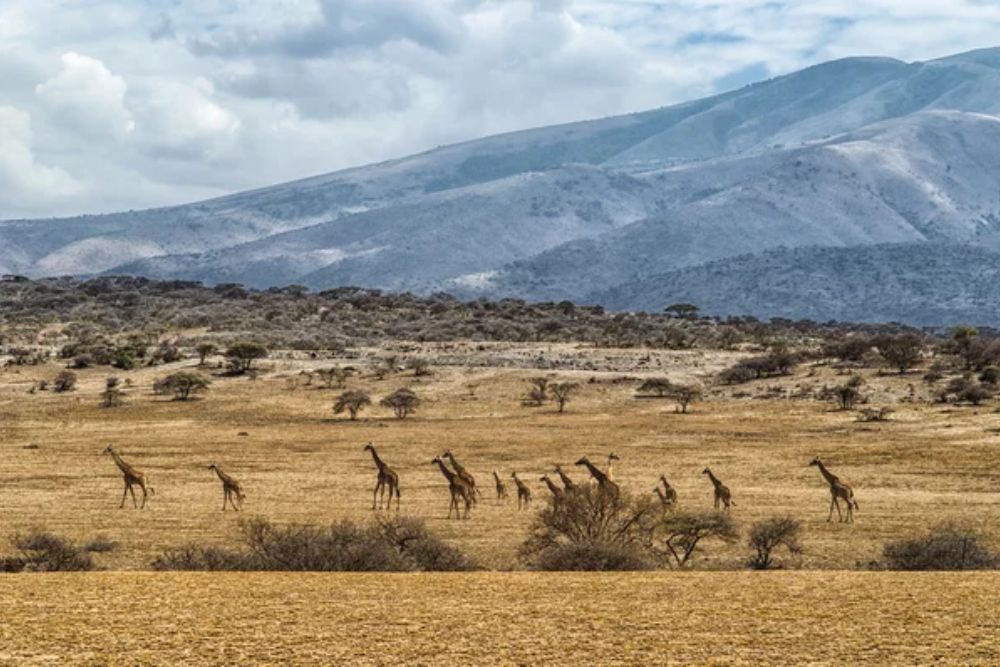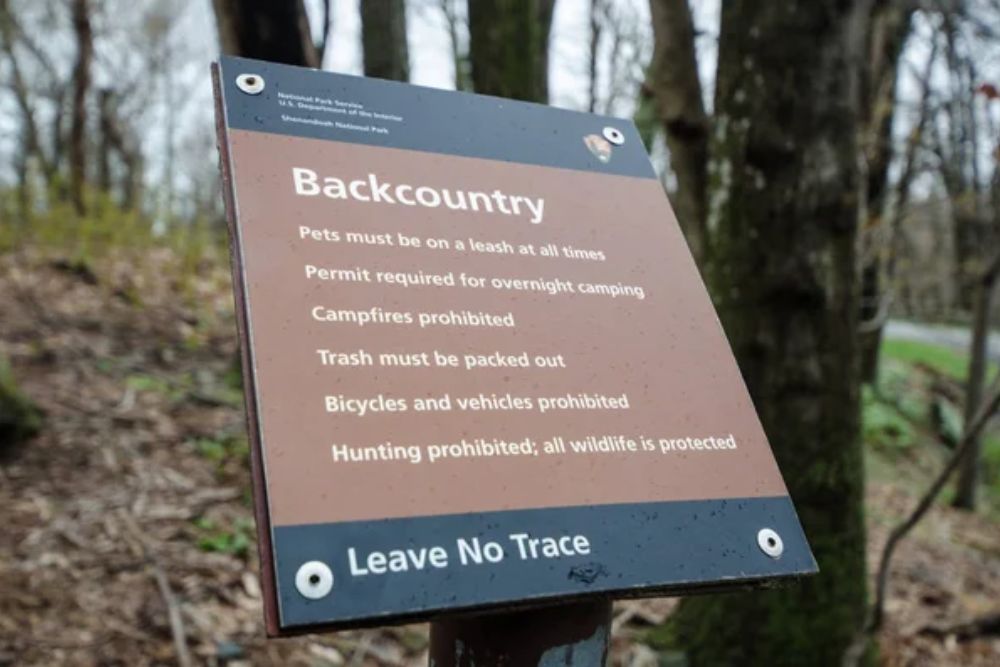Travel opens our eyes and creates memories we’ll treasure forever, but it doesn’t need to take a toll on the planet. Each vacation leaves its imprint, and making minor changes to our travel habits can have a significant impact over the long term.
Maintaining your trips more sustainably is not about forgoing adventure or comfort—it’s about making smart decisions that are healthy for you and the places you visit. These 20 practical tips will help you travel more sustainably without sacrificing amazing experiences.
Choose Direct Flights

Flying directly conserves fuel and reduces carbon emissions compared to connecting flights with multiple takeoffs and landings. Direct flights use approximately 25% less fuel than a journey with one connection.
Without flying directly, book the shortest journey possible and attempt to eliminate any non-essential stopovers.
Pack Reusable Water Bottles

Plastic water bottles pile up as trash in tourist spots all around the globe. An excellent reusable bottle saves money and eliminates hundreds of disposable containers on a typical trip.
Most airports now have water refill stations, and the majority of accommodations offer safe drinking water.
Like Travel Pug’s content? Follow us on MSN.
Stay Longer in Fewer Places

Slow travel keeps emissions low while inviting greater cultural immersion. Rather than dashing through five cities in seven days, linger longer in two or three.
This results in a significant reduction of your carbon footprint while fostering stronger bonds with local communities.
Support Local Businesses

Eating at independent restaurants and shopping at local markets keeps dollars in the community, rather than sending them to big multinational chains. Local businesses are more likely to buy ingredients and products locally, reducing transportation emissions.
And you’ll discover authentic flavors and experiences that chain stores can’t match.
Use Public Transportation

Trains, buses, and metro transport many people with reduced per-traveler emissions compared to personal vehicles or taxis. Public transportation also offers genuine cultural experiences and opportunities for interaction with local individuals.
Most cities have tourist passes available for public transport, which makes the use of public transport economic and convenient.”
Like Travel Pug’s content? Follow us on MSN.
Book Eco-Certified Accommodations

Hotels and lodges that are environmentally certified have taken concrete sustainability steps, such as utilizing renewable energy, implementing water conservation measures, and adopting waste reduction initiatives. Opt for certifications from credible organizations, such as Green Key or LEED, when deciding where to stay.
Such properties tend to offer high-quality experiences while maintaining a safe environment.
Bring Reef-Safe Sunscreen

Old sunscreens contain chemicals that kill coral reefs and sea life. Reef-safe sunscreens use mineral-based ingredients that protect your skin from the sun without killing underwater worlds.
This simple switch helps preserve the beautiful sea life that makes destinations like Hawaii and the Caribbean so magical.
Respect Wildlife Distance

It is great to spot animals in the wild, but getting them too close creates stress for wildlife and poses a danger. Maintain advised distances and avoid feeding wild animals, as human food will poison them and render them habituated to humans.
Use tour operators who prioritize animal welfare over taking picture shots.
Like Travel Pug’s content? Follow us on MSN.
Reduce Hotel Towel Changes

Hotels launder millions of towels daily, with a tremendous amount of water and energy. Using towels for just two days can significantly reduce that without compromising your comfort.
Many hotels now offer programs that allow you to request whether you prefer fresh towels or linens.
Offset Your Carbon Footprint

Carbon offset programs compensate for projects that avoid or reduce the emission of greenhouse gases equal to your travel emissions. Choose certified schemes that invest in wind, solar, or hydroelectric power, forest conservation, or clean water projects.
While not perfect, offsets help balance the environmental cost of necessary travel.
Walk and Bike More

Walking or cycling generates no emissions, but provides an up-close connection to local communities. There are bike-sharing programs in many cities, making cycling both easy and affordable.
Walking tours reveal the less obvious gems you would never see in a car window.
Like Travel Pug’s content? Follow us on MSN.
Avoid Single-Use Plastics

Use reusable bags, containers, and utensils to avoid using disposable items that often end up littering beautiful places. Single-use plastics are now illegal in most countries, and purchasing replacements ensures you will always be prepared.
Every little bit counts, like saying no to plastic bags and straws.
Research Local Customs

Learning about local traditions prevents misunderstandings and demonstrates respect for the host society. Small gestures, such as learning general greetings or understanding dress codes, demonstrate cultural awareness.
It enables you to interact more meaningfully with local populations while keeping offending behavior at bay.
Choose Sustainable Tour Operators

Ethical tour operators respect the environment and pay local staff and guides a fair wage. They are likely to contribute to conservation programs and community development projects.
Check the sustainability policies of operators and choose those that give back to the destinations they highlight.
Like Travel Pug’s content? Follow us on MSN.
Reduce Use of Air Conditioning

Hotels and resorts consume massive quantities of electricity to cool rooms, especially in the tropics. Running fans, opening windows when it’s a cooler part of the day, and turning down thermostats by a degree or two can conserve a lot of energy.
Most guests wind up sleeping better anyway with less artificial cooling.
Buy Meaningful Souvenirs

Purchase locally produced crafts from artisans rather than inferior mass-produced souvenirs that likely traveled thousands of miles to be hawked in tourist booths. Traditional crafts preserve traditional skills and provide a good income for artisans.
Your responsible purchases become treasured mementos of your visit.
Save Water

Most popular tourist destinations suffer from water shortages, which tourism tends to exacerbate. Take shorter showers, turn off taps when brushing your teeth, and report any leaks to hotel management.
These are easy habits that preserve precious water resources for local communities.
Like Travel Pug’s content? Follow us on MSN.
Eat Seasonal Local Foods

Dining out at restaurants that utilize locally grown, seasonal produce reduces the carbon footprint of your meals and supports regional farmers. Regional foods are often considered the best-tasting because they’re fresh and prepared using traditional methods.
Farmers’ markets are wonderful places to sample true regional foods.
Reduce Laundry Services

Hotel laundry consumes significant water, energy, and chemicals. Pack clothes to be worn more than once and quick-drying fabrics to be washed in your room sink.
This minimizes the environmental impact while saving money on costly hotel laundry charges.
Leave No Trace

Practice outdoor ethics by removing all trash with you, remaining on designated trails, and leaving natural environments in the same condition in which you found them. This policy is practiced in national parks as well as city parks.
Leaving only footprints and taking only pictures ensures these locations remain lovely for everybody to enjoy.
Like Travel Pug’s content? Follow us on MSN.
From Exploitation to Partnership

Tourism has evolved from a sector that often exploited destinations and communities to one that is increasingly concerned with mutual benefit and environmental responsibility. Contemporary sustainable travel recognizes that preservation of the places we enjoy visiting involves active engagement on the part of each traveler.
Choices that we make today will determine whether the future traveler inherits the same natural beauty and rewarding cultures that excite us to venture out. Sustainable tourism isn’t just reducing environmental impact—it’s about positive impact that makes destinations more enjoyable because of our visits.
More from Travel Pug

- 20 Best Beach Towns in the Carolinas
- 13 Destinations Where Tourists Regularly Regret Their Trip
- 20 Destinations That Are More Magical Without an Itinerary
- 20 Underrated Adventures That Belong on Your Travel List
- 20 Cities Where You Should Just Wing It, No Planning Required
Like Travel Pug’s content? Follow us on MSN.
